Generation Z or Gen Z, also known by a number of other names, is the demographic cohort after the Millennials. There is no precise date for when Generation Z begins, but demographers and researchers typically use the mid-1990s and 2015 as starting birth years. There is little consensus regarding ending birth years. Most of Generation Z have used the Internet since a young age and are comfortable with technology and social media.
Generation Z will have kids around an age of 5-10 years, they are very busy with their own career and they barely have time to take care of their children and to socialize.
MOVIES
WEBSITES
PRODUCTS
VIDEOS
PERFORMANCES
PUBLICATIONS
We think that generation Z can't live without smartphones in 25 years and that the use of a smart phone will get more important to everyday life.
Commercial practices show a transition from designers employed in traditional companies to creatives as entrepreneurs in the “next” economy. Through experiments with making and designing and explorations into untapped markets and unknown audiences, this “next” design aims to create new values for future economic scenarios.
Connectivity > Help! I’m completely unable to get anything done!
2: What if in 2045 battery charging power becomes a scarce commodity? How else will people find ways to charge their devices and connect to all services, communications and products that are only accessible via mobile/digital devices or systems? or How else will people find ways to connect?
PRACTICE
CASE WE CHOSE
In this future everyone wears a smart lens named iSocial, which functions as a smartphone and wellness chart in one.
In that future charging power is a scarcity, so our charging device will charge on human energy. We created a manual in which charging power is gained by social interactions. The lens will indicate how much is earned or lost. Social behavior will be rewarded, a social behavior will cost you energy.
We will make a video advertising the service, within a scenario. In this scenario two people are on a date, but the date ins't going the best. So character 1 is not socially interacting in a good way and starts to run out of battery.
Our final product will involve a 3D printed lenses (as a prop), a video advertising the product/service and an ad in the form of socialmedia adverticement.
OUR PROJECT
GEN Z
HYDROGEN ENERGY
G R O U P 5
After our talk with Hansje and Gabriella, they said it would be a good idea for us to come up with our own what if question and matching scenario.
The lie detector, technically referred to as an polygraph. The device is able to capture and meassure blood pressure, pulse, respiration and skin conductivity. All these factors combined can show if a person is lying.
Before the actual lie detector session a person is asked a series of questions to get familiar with their mannerisms. Then one is placed in a chair with several straps around the body ready to mesture change.
The instructer starts with a small introduction which emphesizes on awnsering questions truthfully, which makes the subject a little nervous.
LIE DETECTOR
Same as the 'original' lie detector, this device measures changes in the body. Specifically in the eyes. (Think pupil dilation and reaction time).
It is marketed to distinct humans from humanoids.
EYE LIE DETECTOR
FOLDABLE PHONES
Recently Samsung and Huawei have come out with a foldable phone, which should make it easy for you to fit your phone into the smallest pockets you own. The only problem is, the screen is made of glass. Glass is more benagel than one initially would think, but isn't ready to bend like a book would.
CHINAS 'SOCIAL CREDIT' SYSTEM
The Chinese state is setting up a vast ranking system that will monitor the behavior of its enormous population, and rank them all based on their “social credit.”
The “social credit system,” first announced in 2014, aims to reinforce the idea that “keeping trust is glorious and breaking trust is disgraceful,” according to a government document.
Bad behaviour can be punished by restricting:
1. Banning you from flying or getting the train
2. Throttling your internet speeds
3. Banning you — or your kids — from the best schools
4. Stopping you getting the best jobs
5. Keeping you out of the best hotels
6. Getting your dog taken away
7. Being publicly named as a bad citizen
STORYBOARD
iSocial is a set of high-tec lenses that monitors social behaviour and detects if it is positive or negative.
The system is linked to a chip, which collects data and is connected to the device battery. The battery power is regulated through the social behaviour of the user. If the behaviour is positive, battery power gets added to your device in contrast to if the behaviour is negative, battery gets subtracted from the unit.
We will make a video advertising the service, within a scenario. In this scenario two people are on a date, but the date ins't going the best. So character 1 is not socially interacting in a good way and starts to run out of battery.
Our final product will involve a lasercut set of lenses and a chip (as a prop), a video advertising the product/service via a scenario.





In this future everyone wears a set of smart lenses and a chip, which functions as a smartphone and wellness chart in one.
In that future charging power is a scarecity, so our charging device will charge on human energy. We created a manual in which charging power is gained by social interactions. The bracelet will indicate how much is earned or lost. Social behavior will be rewarded, asocial behavior will cost you energy.
Adapted scenario:
What if in 2045 battery charging power depended on our social behaviour?
IDEAS
MANUAL